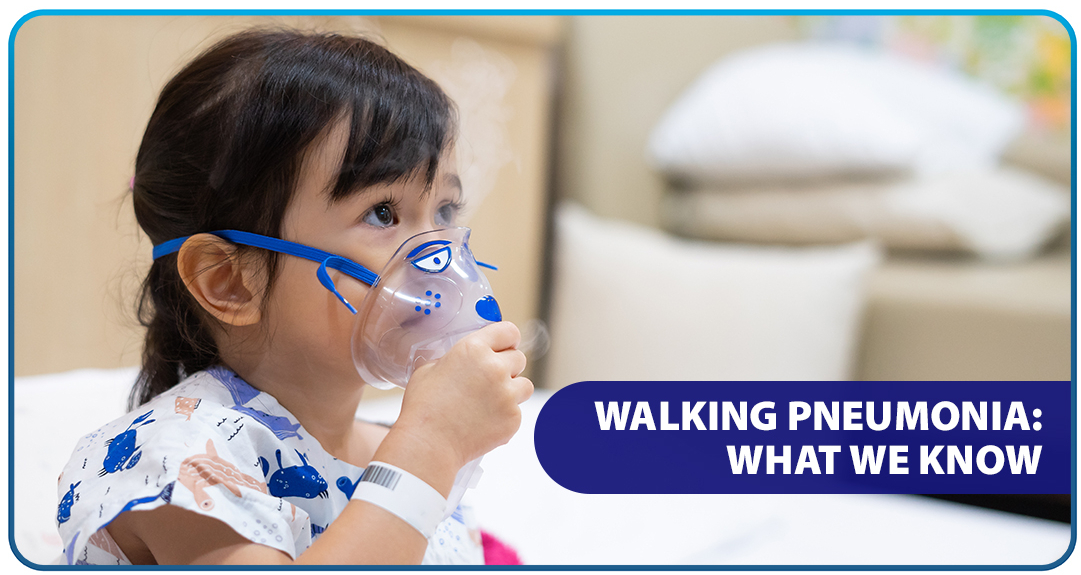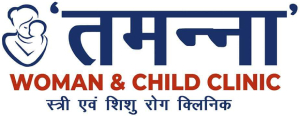Healthy Lungs, Happy Kids: Dr. Yugesh Agrawal on Pneumonia Treatment in Raipur

What is Pneumonia?
Pneumonia is a lung infection that can make kids feel very sick. Imagine your lungs as big balloons that fill with air when you breathe. When you have pneumonia, these balloons can get filled with yucky stuff like mucus, which makes it hard to breathe. This infection can cause a mild to high fever, cough, and make you feel really tired. It’s important to take proper pneumonia treatment in Raipur because it can be serious. Consulting the Best pediatrician in Raipur can help ensure the right care and guidance. Many children benefit from visiting the Best pediatrician in Raipur for early detection and management.
How Do Kids Get Pneumonia?
Pneumonia can happen when germs like bacteria or viruses get into your lungs. There are a few common ways that kids can get pneumonia:
- After a Cold or Flu: Sometimes, if you have a cold or the flu, the germs can move down into your lungs and cause pneumonia. Dr. Yugesh Agrawal can help with pneumonia treatment in Raipur to prevent complications.
- Germs from Others: Pneumonia can spread from one person to another, especially if someone coughs or sneezes near you. It’s like sharing germs, but not in a good way. Visiting the Best pediatrician in Raipur can help prevent spread and manage early symptoms.
- Weak Immune System: If your body’s defenses are down, it’s easier for germs to cause infections like pneumonia. This can happen if you’re already sick or not feeling well. Timely pneumonia treatment in Raipur guided by the Best pediatrician in Raipur ensures proper recovery
What Are the Signs of Pneumonia?
When kids have pneumonia, they might feel like they have a bad cold, but it can be a bit different. Here are some signs to look out for:
- Cough: A cough that doesn’t go away and might bring up mucus.
- Fever: A high fever that makes you feel hot and sweaty.
- Breathing Trouble: It might feel hard to breathe or like you’re not getting enough air.
- Tiredness: Feeling really tired and not wanting to play or do much.
- Chest Pain: Your chest might hurt, especially when you breathe in deeply or cough.
If you notice any of these signs, it’s important to see a doctor like Dr. Yugesh Agrawal. He can provide the best pneumonia treatment in Raipur to help you get better quickly. Consulting the Best pediatrician in Raipur can give reassurance and proper care.
Early Detection
If your child's growth patterns are off, it could mean there's an underlying health issue or a nutritional problem. Catching these early allows for quick action, which leads to better overall health and development for your child. Regular visits to the Best pediatrician in Raipur can help with early identification and timely pneumonia treatment in Raipur if needed.
Tracking Milestones
Growth monitoring helps keep track of your child's progress in developing motor skills, communication abilities, and social interaction. If there are delays, early detection means therapies and support can be provided to help them reach their potential. A checkup with the Best pediatrician in Raipur ensures children stay on track while supporting necessary pneumonia treatment in Raipur.
What Gets Measured and Why?
Weight and Height
These basic measurements show growth trends and can identify concerns like malnutrition or growth hormone deficiencies.
Head Circumference
This is especially important in infants to detect conditions that affect brain development.
Growth Charts: A Visual Guide
Doctors use growth charts to plot your child’s measurements over time. These charts compare them to others of the same age and gender, giving a clear picture of their growth path. This helps spot trends like rapid weight gain or slow growth, which might need further investigation. The Best pediatrician in Raipur uses these charts to detect issues early and guide interventions including pneumonia treatment in Raipur when needed.
Puberty: A Time of Change
Puberty is a growth spurt driven by hormones. A pediatrician can help guide you through this phase, explaining the physical changes your child will experience and addressing any concerns. The Best pediatrician in Raipur can also ensure children are healthy and receive pneumonia treatment in Raipur if infections arise during this vulnerable stage.
What do doctors check?
Regular checkups with the Best pediatrician in Raipur are like giving your child sunshine and water. Here’s why:
- Weight and Height: Like a plant needing good soil, these measurements show how your child is growing overall.
- Head size (for babies): This helps see if their brain is developing well.
Doctors use charts to track your child’s measurements over time. These charts compare them to other kids of the same age and sex, showing if they’re growing on track. If the line on the chart swerves too much, it might be a sign to investigate further with the Best pediatrician in Raipur and get timely pneumonia treatment in Raipur if necessary.
Growth charts: Like a ruler for growth!
Doctors use charts to track your child’s measurements over time. These charts compare them to other kids of the same age and sex, showing if they’re growing on track. If the line on the chart swerves too much, it might be a sign to ianvestigate further.
Puberty: A growth spurt!
Remember
Regular checkups are like sunshine and water for your child’s health! They help doctors spot problems early and keep your little one on track to growing up happy and healthy. The Best pediatrician in Raipur can guide overall health, and pneumonia treatment in Raipur ensures any lung infections are managed promptly.
Frequently Asked Questions
Spotting problems early
If your child's growth slows down or speeds up too much, it could be a sign of something needing attention, like not getting enough nutrients or having a health issue. Catching these things early helps your child thrive!
Keeping track of skills
Just like a plant grows leaves and flowers, your child is learning new things all the time! Checkups help see how well they're moving, talking, and playing with others. If they need extra help to blossom, doctors can recommend things like special exercises or talking practice.
It helps identify health issues or developmental delays early on, allowing for better outcomes.
Weight, height (or length in infants), and head circumference.
Follow your pediatrician’s advice, especially during the first year and periodically throughout childhood.
These tools track growth and compare your child to others of the same age and gender.
Significant deviations in growth percentiles, delayed development, abnormal head growth, or sudden weight/height changes.
Growth spurts and hormonal changes are monitored to ensure healthy development.
Treatments
- Diabetes Treatment
- Diabetes Treatment
- Diabetes Treatment
- Diabetes Treatment
- Diabetes Treatment
- Diabetes Treatment
- Diabetes Treatment
